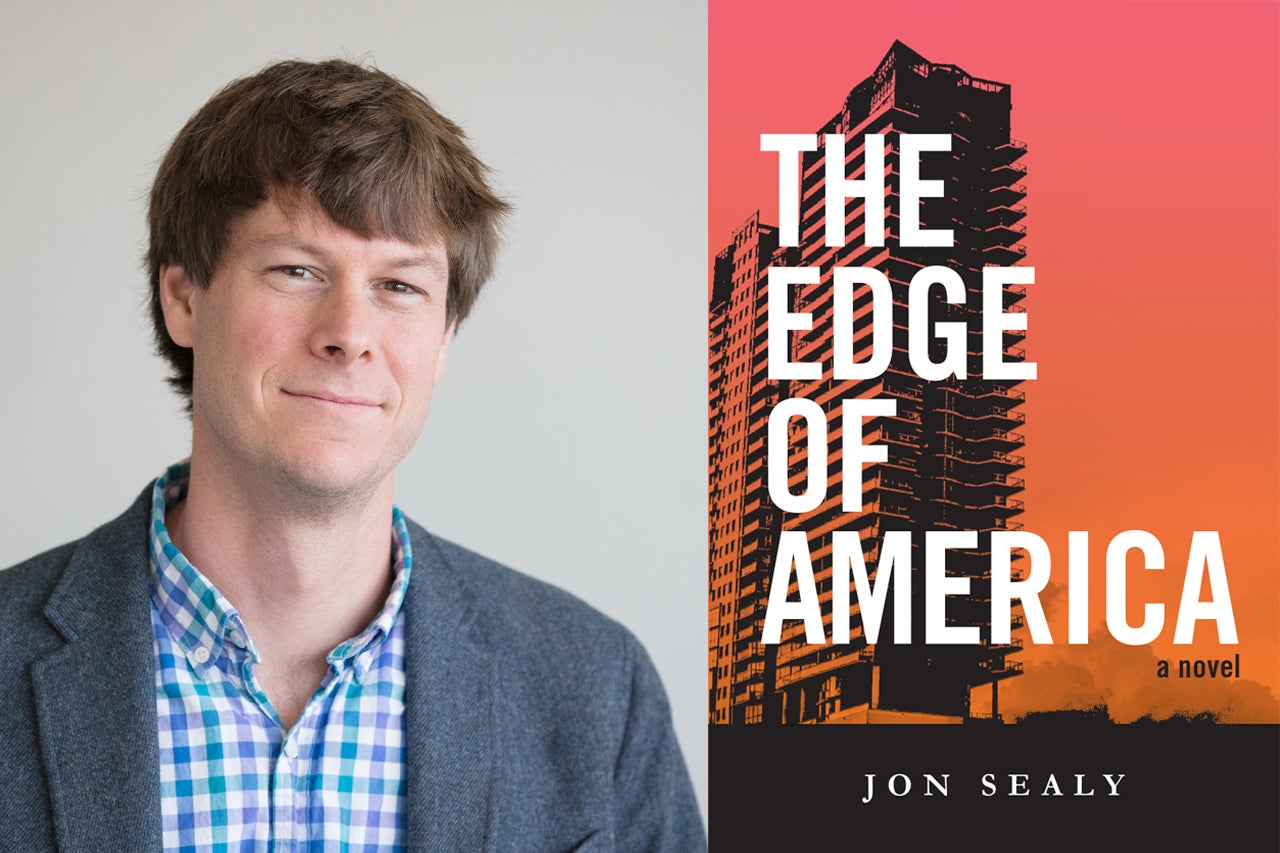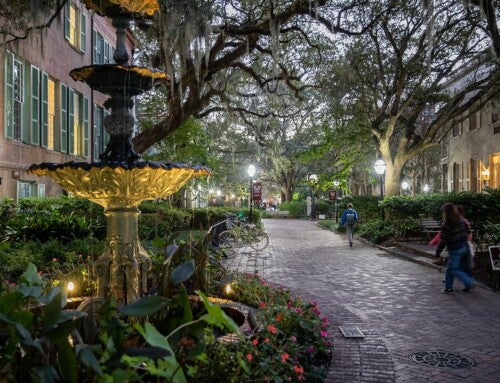by Jon Sealy
When I took intro to fiction writing at the College of Charleston in fall 2003, the main text was John Gardner’s On Becoming a Novelist. I don’t know if that book is still part of the curriculum, and I haven’t reread it in a while, but I think it’s as good as any introduction to the world of novel writing.
The operative word in the Gardner text, for me, is becoming. I’ve been writing seriously for 18 years – half my lifetime – and the only thing I know for sure is that novel writing is a personal process, with an emphasis on process.
I don’t know when you actually become a novelist: is it when you write your first novel? Publish a novel? Publish a novel with a big New York press? Write and publish multiple novels? Earn your living by writing novels?
I’ve achieved a couple of these milestones – Hub City Press published my first novel, The Whiskey Baron; I’m putting out my second novel, The Edge of America, on my own small press, Haywire Books; and I’ve netted just about enough money from my fiction writing to buy a decent used car – yet I don’t feel like I’ve become a novelist. The process is still ongoing.
Which is to say: If you’re a 20-year-old college student with an interest in becoming a novelist, you’ve got a long road in front of you. I would get comfortable existing in a space of uncertainty. The world and the publishing industry are changing so fast that any other practical advice I might offer will likely be irrelevant by the time you graduate.
Advice being the job of this essay, however, here are a few things I would recommend you consider if you want to enroll in the process of becoming a novelist:
- Read a lot and write a lot. What counts as a lot? I spent about five years where I had a goal to read 100 pages and write 1,000 words a day, five days a week. I can’t sustain that any more now than I’m older and have family obligations, but when I was young, an established writer told me I might have to write 1,000 pages before I got anything published (accurate). I also read somewhere that it took an average of 10 years “writing in the cold” after school before your first book came out (also accurate).
- Stay out of debt. Getting an MFA in creative writing can be a great experience, but try to find a program that will cover your tuition and offer some kind of stipend. You’re on your own in this profession, so more important than where you go is what you do when you get there. Life after an MFA will be a whole lot easier if you don’t have to contend with any debt. (I would also advise you drive only used cars, and don’t let your parents pressure you into buying a condo unless they’re willing to cover the loss when the market tanks.)
- Find something unrelated to do for money. Very few novelists make enough money to sustain themselves, and even the ones who do are usually in the second half of life. I also wouldn’t bet on becoming a tenured writing professor; there aren’t enough jobs out there to sustain the number of MFAs and PhDs that schools are pumping out. Take a hard look at the Academic Jobs Wiki before deciding to go down that road, and remember: William Carlos Williams was a pediatrician. Wallace Stevens sold insurance. There are alternatives.
- Majoring in English is a great idea. People in your parents’ generation – and even some of the bozos you went to high school with – might raise an eyebrow about its practicality, and you might hear a few jokes about underwater basket weaving. Nevertheless, my primary income is from the business world, and I’m here to tell you: the world needs people who can analyze information, communicate effectively and live in a space of uncertainty. If you can write a coherent paper about Milton’s “Areopagitica,” you’ll be able to think circles around anyone else in this economy.
When you start hanging out with writers, it’s astonishing how little they seem to write, and how hard they make it sound. But that’s the job. So: learn how to communicate, stay out of debt, find a way to support yourself. These conditions won’t turn you into a writer, but they will free you up so you have the time and security to read and write a lot, which will help you find your way as a novelist. Everything else is up to chance. Godspeed.
College of Charleston alumnus Jon Sealy ’05 majored in English with a minor in creative writing. He is the author of ‘The Whiskey Baron’ and ‘The Edge of America,’ the latter of which he published with his new small press, Haywire Books.




